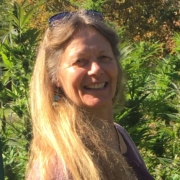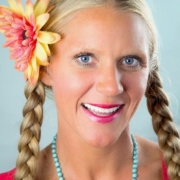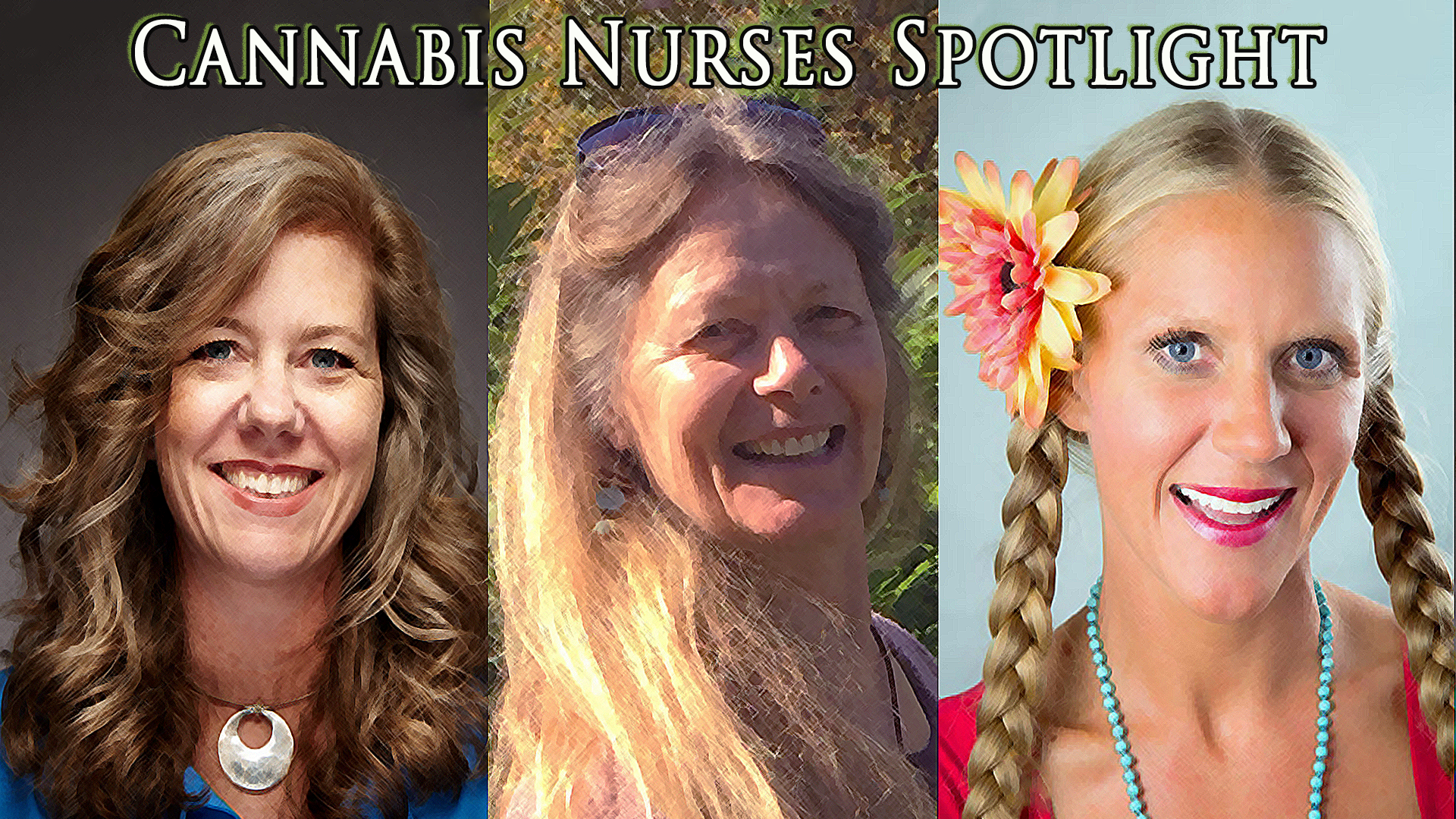Cannabis Nurses Answer Common Patient Inquiries
Cannabis Nurses are specialists in cannabis therapeutics who offer education and help support patient treatment. With more people becoming interested in the use of cannabis medicine, further guidance is needed. Below we hear from three seasoned Cannabis Nurses as they share their insight on modes of administration, patient access, and adversity to the cannabis “high”. Be sure to check out Cannabis Nurses Share Info from the Front Lines and A Day in the Life of a Cannabis Nurse for further information on these topics.
What is the best way for me to take cannabis?
Determining the best route of administration depends on several key factors. It is important to take into consideration the diagnosis, comorbidities, age, medications, allergies, cannabis experience, employment status, stress management techniques, history of substance use, and alcohol intake before recommending a route of administration. While inhalation, topicals, suppositories and transdermal patches will be the least likely to interact with other medications, they could potentially present different challenges. Edibles and oils may be too strong for a new user. Inhalation may be contraindicated in some people. A route of administration is best when it is personalized and in line with the goals of cannabis therapy. ~Eloise Theisen, President of the American Cannabis Nurses Association (ACNA)
It all depends on the intention. If immediate effects are required, such as with nausea and vomiting, the inhaled route works best. Sublingual administration of an oil or tincture under the tongue will work within minutes and last a bit longer. When taken as a capsule or infused in food, the effects will last even longer, but may take up to 30-60 minutes to kick in. This depends on the contents of the person’s stomach and their metabolism. Transdermal patches can provide a steady dose that can last up to 12 hours. If a person is treating a skin condition or has painful joints due to arthritis, a topical may work wonders. ~Mary Lynn Mathre, President and Co-founder of Patients out of Time
The amazing thing about cannabis is that it can be used in many forms. Cannabis medicine is so much more than just “smoking weed.” There are multiple ways to utilize cannabis through various Methods of Administration (MOA). Inhalation involves smoked or vaporized flowers or concentrates. With oral consumption, start low and go slow. When eaten, cannabis goes through the digestive system and is metabolized in the liver. The body produces a metabolite, 11-Hydroxy THC, in response to ingesting THC. 11-Hydroxy THC can be highly psychoactive. Transdermal patches penetrate through the skin and enter the bloodstream, avoiding the first-pass effect experienced with oral administration. Topical products that can help control localized pain, spasms, and various skin conditions without a psychoactive experience. ~Heather Manus, RN- CEO of Cannabis Nurses Network
I want to try cannabis but I don’t want to be high. Are there options for me?
A gentle “high” from cannabis can result in feelings of euphoria or well being. That is not a bad thing if you live in a world of pain, cancer, sleeplessness, anxiety, depression, or other health problems. THC is the primary cannabinoid in the cannabis plant that can impair users. The “high” will vary depending on the variety of cannabis. You can steer clear of THC dominant cannabis products. To avoid impairment, can start with a CBD-dominant option. If that works for you- great. However, if you don’t find the relief you seek, you can try products with a small amount of THC. CBD will dampen the impairing effects of THC, and amplify its therapeutic properties. Always start with a low dose and gradually increase to a therapeutic dose. The key goal is to feel better. ~Mary Lynn Mathre
The term getting “high” can mean different things for different people. Some assume getting high means they will hallucinate or lose control. Often controlling the dose of cannabis will help someone achieve their goals. Euphoria can be a welcomed side benefit for some people. In low doses, THC can provide a sense of well-being, relaxation, and improved mood. In higher doses, THC may cause anxiety, paranoia and hallucinations. Working with a qualified cannabis clinician can help someone achieve their goals safely and effectively. ~Eloise Theisen
Appropriate cannabis dosing reduces the chances of getting “high.” However, there is nothing wrong with feeling euphoric. There is a difference between dysphoria and euphoria. Euphoria feels good. Dysphoria feels bad. When incorporating cannabis into your health regimen, there is a trial and error period to gage how your individual endocannabinoid system responds to cannabinoids. Non-altering options include topical or transdermal applications, CBD-rich products, or THC-Acid options from consuming fresh, raw cannabis in salads, juice, or smoothies. ~Heather Manus
Cannabis is illegal where I live or I don’t have good access. What can I do?
Cannabis in some form (THC and/or CBD) is legal or decriminalized in nearly every state in the USA, with the exception of places like Idaho and South Dakota where mandatory minimum sentencing laws still exist. CBD products are widely available online for direct home delivery. If whole plant cannabis is not available in your state, get active by joining groups and advocating for changes in your state’s laws. ~Heather Manus
I always encourage those who do not have access or limited access to write to their local and state officials. With 2/3 of America recognizing cannabis as a medicine, there will likely be more states to follow in the coming years. Even in states that allow for medical cannabis use, some people do not have a qualifying condition and are unable to access it. Qualifying conditions vary from state to state as does product availability. As long as cannabis remains federally illegal, states programs will vary greatly. Hemp was descheduled nationwide in 2018. For those with limited access, hemp-derived products are worth considering. Make sure they have been tested and ask questions of the product makers. ~Eloise Theisen
If you have the financial and physical means to do so, you may want to consider moving to a state that will allow legal access. However, if you have never tried cannabis, you could visit a legal state where you can determine if it can help before making any drastic moves. Unfortunately, many patients are unable to travel. In that case, there are several other options. Hemp-based CBD products may not be as effective, but you may experience some relief.
You can also find a local grower or cultivate your own medicine. Patients have been doing this for decades, but it brings potential problems and legal consequences if caught. There is no guarantee of quality assurance or product consistency. There won’t be access to a variety of cultivars to determine what works best. Health care professionals will have a limited ability to provide medical guidance. Federal cannabis prohibition is unjustified and immoral. I encourage you to go to the Patients Out of Time website and download the resolution to deschedule cannabis to help educate legislators and other policy regulators. No one should be denied safe and legal access to this healing plant. ~Mary Lynn Mathre
Further Reading
Bios of Featured Cannabis Nurses
 Mary Lynn Mathre, RN, MSN, CARN
Mary Lynn Mathre, RN, MSN, CARN
Mary Lynn has more than 40 years of experience as a nurse and has specialized in addiction since 1987 and cannabis since 1990. She is the co-founder and President of Patients Out of Time, a non-profit organization devoted to educating health care professionals and the public about the therapeutic uses of cannabis. She is the editor of Cannabis in Medical Practice: A Legal, Historical and Pharmacological Overview of the Therapeutic Use of Marijuana (1997) and co-editor of Women and Cannabis: Medicine, Science and Sociology (2002).
 Eloise Theisen, RN, MSN, AGPCNP-BC
Eloise Theisen, RN, MSN, AGPCNP-BC
Eloise is an adult geriatric nurse practitioner living in Northern California. Eloise continues to advocate for patients at the local and national levels and has successfully increased access in local cities. Eloise continues to develop continuing cannabis education for healthcare professionals, and worked with over 25 nurse practitioner students who have shown a special interest in cannabis medicine. She is currently the President of the American Cannabis Nurses Association.
 Heather Manus, RN
Heather Manus, RN
Heather is a Registered Nurse specializing in all aspects of medical cannabis care. “Nurse Heather” began her career as a Registered Nurse providing psychiatric home health care to patients in New Mexico. She is the CEO of the Cannabis Nurses Network, a global professional development organization with the mission of connecting, elevating, and empowering nurses through Education, Opportunity, Recognition, and Advocacy.
Further Reading
- A Day in the Life of a Cannabis Nurse
- Cannabis Nurses Share Info from the Front Lines
- Calling the Cannabis Nurses Hotline
- Patient Education is a Phone Call Away: An Inside Look at a Cannabis Nurses Hotline
- Cannabis use in palliative care – an examination of the evidence and the implications for nurses


